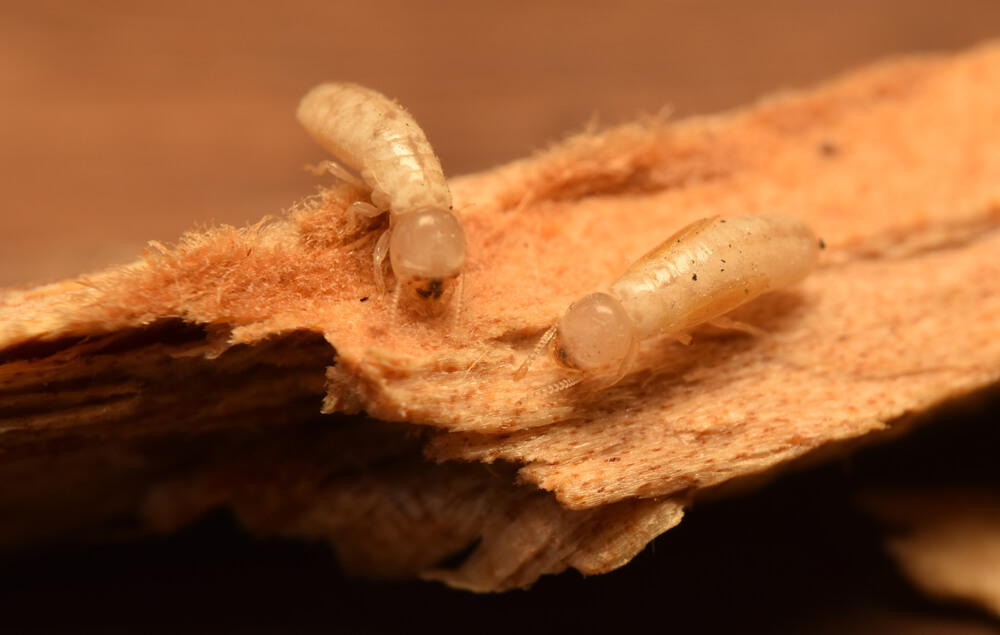What Are The Differences Between Drywood & Subterranean Termites?

While many insects are mostly harmless and are usually only disliked by humans because of fears or annoyances, termites present some serious problems for property owners. Termites will destroy wooden structures and can lead to serious property damage if left unchecked. In the United States, there are two main categories of termites: drywood termites and subterranean termites. In this article, we will discuss some of the differences between these two types of termites and what it means for you! If you are a home or business owner in Massachusetts or Southern New Hampshire that is currently struggling with a termite problem, contact our team at Absolut Pest Control today for a free termite control estimate!
Drywood vs. Subterranean Termites
One of the primary differences between drywood and subterranean termites is that drywood termites nest in the wood they are eating away at, while subterranean termites live underground. Subterranean termites typically enter homes and buildings through “mud tubes”, which are pencil-sized tunnels of mud that stretch vertically from the ground to the wood on a house or building.
What Type Of Termite Causes More Damage?
Subterranean termites typically have the ability to cause more damage than drywood termites, partially due to the fact that their colony sizes are much larger. Subterranean termites can also damage properties faster due to their colony sizes, sometimes causing significant damage to houses and buildings before the infestation is even noticed.
How Do You Get Rid Of Termites?
There are multiple different treatment methods for drywood and subterranean termites. For drywood termites, the most common treatment methods include fumigation, insecticides, heat treatment, and spot wood treatment, which involves injecting specific chemicals into the wood where drywood termites are living. For subterranean termites, the two most common treatment methods are liquid soil treatment and bait stations. Liquid soil treatments involve putting a barrier of termiticide around the perimeter of the house or building, and bait stations involve putting out poison bait for the termites that will be spread throughout the colony.
Contact Absolut Pest Control For Termite Control Services in Massachusetts!
If you need assistance identifying, preventing, or treating a termite infestation in your Massachusetts or Southern New Hampshire home, please contact our team at Absolut Pest Control today for a free termite inspection and control estimate! We provide various pest removal and extermination services at affordable prices throughout the region! Give us a call today at (978) 388-4589 or fill out the contact form on our website to get a free estimate!

Leave a Reply